Most early childhood program leaders report more severe challenging behaviors…from more children, more often…than ever before.
Children and families come to us with tremendous hardship and oftentime trauma.
Early childhood teachers are still undervalued in society and usually underpaid.
Many U.S. based programs and teachers are now burdened with tremendous assessments, paperwork, requirements, and detailed specification for child outcomes.
While those assessments are nothing but well intentioned and good tools, completing them can feel burdensome and often pulls teachers out of interactions with children.
In most programs children’s time in open-ended play and exploration has shrunk.
…yet play is THE BEST WAY for children to naturally acquire self-regulation and social-emotional skills (the skills they need to avoid using challenging behaviors).
Increasing numbers of children receiving special education services attend early childhood programs where the teachers typically have no training in this area.
Most child development programs (CDA, AA, BS, MS) don’t graduate teachers bursting at the seams with excitement and confidence for working with challenging behaviors.
So, what does it mean to be a LEADER supporting teachers with challenging behaviors in this context? (Bear with me even if some details like #4 or #6 don’t apply to your program).
How do we empower teachers for challenging behavior success in this context?
How can you do the work required to support them efficiently given all your other work?
Those are leadership questions.
I’d like to keep having leadership conversations with you about this. Would you like to?
Let me know your thoughts and questions in the COMMENTS below.

